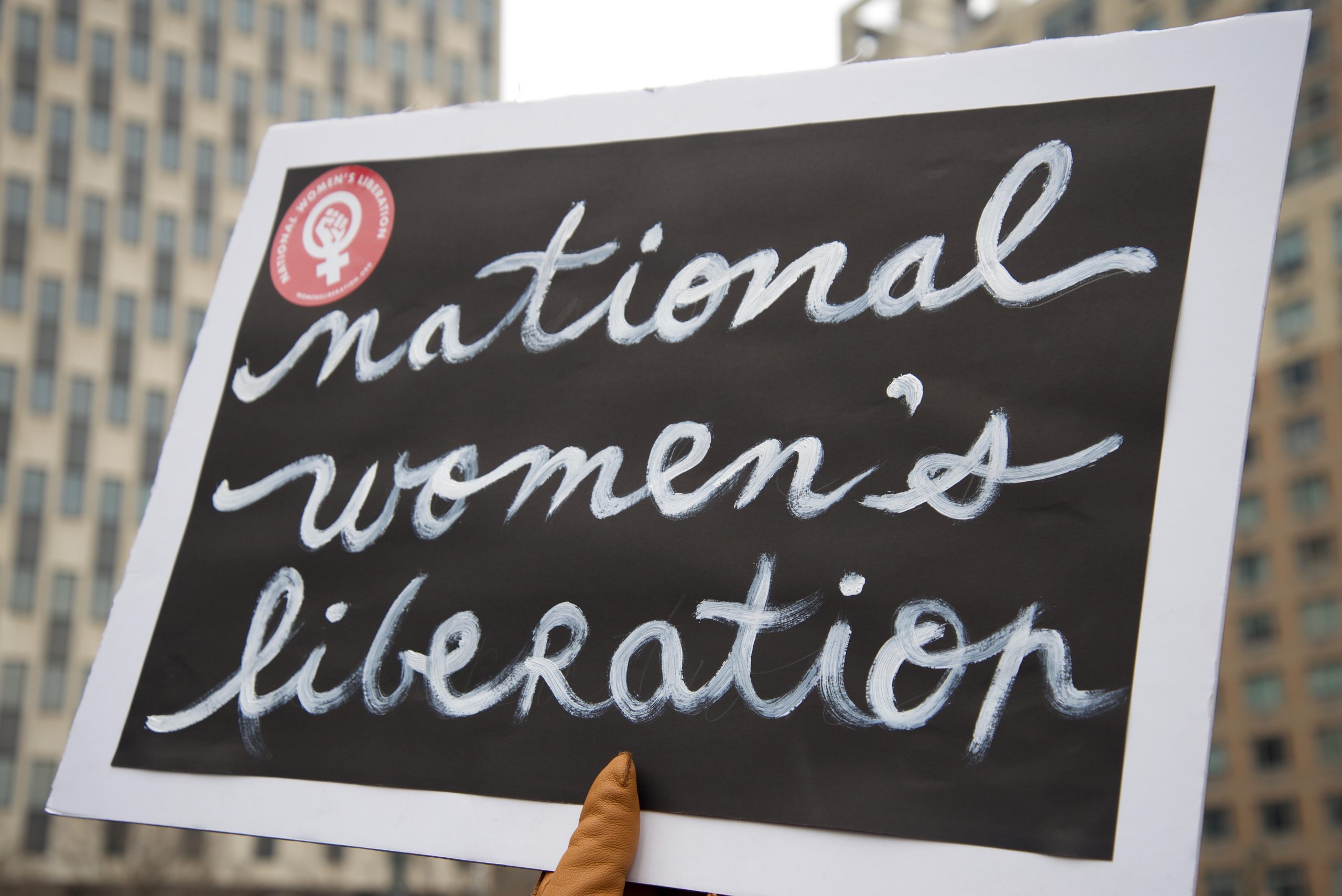
Summary of 2021 Consciousness Raisings
NWL has held many national virtual Consciousness-Raisings (CR) this year. This report back is meant to give some highlights from those CRs and spread some of the conclusions that organizers found were useful.
In our early CRs on how we are affected by COVID-19 many testified about feelings of powerlessness in so many aspects of our lives, which also made organizing more difficult as well. We have been forced to attempt individual solutions for systemic problems–lack of universal healthcare, lack of childcare, lack of job security and flexibility, lack of access to necessary utilities, like internet access. An important conclusion was that structural problems, such as lack of access to healthcare and financial security, racism and xenophobia, did not start with COVID, but have continued or been exacerbated by it.
Similarly, in our CR on interactions with the police and police violence, not surprisingly we found that police treat women of color, specifically Black women, very differently from white women. Examples were interrogating Black women who have contacted the police for assistance and questioning Black women who are in a place where the police feel they “don’t belong”- as with a Black woman who is a university professor on a college campus. Additionally, conclusions bore out that overall however the police were unhelpful to all women, including white women, as police tend to not believe women reporters if and when police even show up.
In our CR on opposing racism and fighting back against white supremacy a main conclusion was many have more experience with personal opposition in relationships rather than systemic racism. For example: there was less of a perceived risk in challenging family as opposed to bosses. Emotional burden of opposing racism falls heavily on Women of Color. From these conclusions we are continuing to work on effective ways to organize against white supremacy.
Finally, before voting in the general election in November we held CRs about this past election. Most of us were not excited about this election, but felt obligated to vote. Most of us were fearful either to vote in person due to COVID-19, fearful of violence at the polls, and also fearful of what the election outcome would be
